Historical Context: Rise of the Super Rich
- Sofia Smirnova

- Dec 16, 2019
- 5 min read
Author: Sofia Smirnova
Defining the term oligarchy:
As discussed in Plato’s Republic and Aristotle’s Politics, an oligarchy is ‘a form of government by a small group.’ In its current meaning in Russia the term ‘oligarch’ Is used to describe a businessman who controls sufficient resources to influence national politics (Guriev and Rachinsky, 2005:134). Some even consider the oligarchs to be the ‘engine of Russia’s economic recovery and institutional reform since 1999’ (Aslund, 2004).
The oligarchs have contributed negatively to Russia’s economy, weakening it by stripping assets from Russian firms and sending money aboard. Moreover, Russia’s democratic institutions have been destabilised, as oligarchs have arguably caused tremendous inequality through their capture of federal and state politics (Goldman, 2004).
Historical Context:
Before examining the effects of the super-rich within Russia’s economy, politics, and culture, it is important to understand the historical context of their emergence and subsequent rise to power within Russian society. The key issue that this essay will be exploring is the fall of the Soviet Union in 1991 and its subsequent aftermath of privatisation, leading to the occurrence of the super-rich class in Russian society, post 1992.
The rise of the current super rich clans in Russia, arguably, began in 1991 after the fall of the Soviet Union. On December 25 1991, Mikhail Gorbachev resigned as the General Secretary of the Communist Party of the Soviet Union. Watch his resignation detailed in the video below.
In the ‘aftermath of the transition, Russia’s GDP fell by 40 percent in 1991, making it one of the most robust economies in all of Europe’ (Interfax, 1998) calling the government to take action and resolve political and economic vacuums created by this collapse in Russia. In 1992, the Russian authorities moved ‘immediately to privatise up to 70 percent of the country’s state enterprises’ (Goldman, 1999:389). This involved speedily distributing shares in state companies at large to anyone who was willing to buy them. Anatoli Chubais, Minister of Privatisation at the time, passed regulations which ‘gave Russian factory managers special purchasing and borrowing rights so they could in fact assume de facto ownership of their factories’ (Goldman, 1999:395). Due to power vacuums after the fall, there were virtually no controls or regulations to purchasing rights, which allowed private individuals to gain control of large portions of the Russian economy and assets. The new property rights allowed Russian Oligarchs to ‘build their own control of their newly seized assets to extend their influence over other assets’ (Goldman, 1999:397). For example, this eventually allowed them to influence media, and consequently electoral processes determining the make-up of future governments. Furthermore, ‘many of the members of the new business class, came to power initially by usurping government or party resources from the government’ (Goldman, 1999:398) after the collapse.
The phenomenon of the Nomenklatura class began under the previous regime of the Soviet Union, and after its collapse moulded into the current class of the super-rich in Russia, with ‘forty-three percent of them being insider oligarchs deriving their status from the privileged nomenklatura background’ (Braguinsky, 2009:307). The redistribution of state property occurred in the ‘absence of a requisitely clear legal framework of external controls over wealth management of shareholders and of mature financial institutions’ (Banerji, 1993:2817). This had led to an ‘irreversibility to the reform process as a whole’ (Banerji, 1993:2817) and this is evident from Russia’s struggle today to provide sufficient checks and balances for the oligarchy and manage to control their political, electoral and economic influences.
This ultimately created the new ‘extremely wealthy cluster referred to as Oligarchs’ (Goldman, 1999:398) aided by privatisation under limited checks and balances, economic downturn and political instability in the aftermath of 1991.
Oligarchs and the Russian Economy:
Russian oligarchs’ control ‘a substantial part of the economy including natural resources industries,’ and perhaps why they have been so successful is because ‘oligarchs seem to run their empire more efficiently than other Russian owners’ (Guriev and Rachinsky, 2004:148). The initial business successes of the oligarchy after the fall of the Soviet Union ‘tended to happen in sectors neglected in the planned economy’ (Braguinsky, 2009:307) and with the collapse of the centrally planned economy and a lack of controls over property ownership, privatisation and oligarchisation became more accessible. Furthermore, an ‘overwhelming majority’ of these new business owners ‘subsequently developed their own relationship with the government’ (Braguinsky, 2009:307). This led to these individuals gaining a further layer of control over the economy, gaining office and subsequent rents from the government. This also meant that many oligarchs gained control over the electoral system in Russia, and with a lack for an alternative the system developed into ‘oligarchic capitalism’ (Braguinsky, 2009:307). Issues of democracy and electoral faults will be discussed in the following part.
Oligarchs and Democracy in Russia:
Democracy in Russia has been at an all-time low, since 2006, indicating a level of 2.94, placing it one of the worst democratic scores in the world and classifying it as an ‘authoritarian regime’ (The Economist, 2018). This score is compiled based on 60 indicators which signify the presence of various freedoms within a country. Guriev and Rachinsky (2004) conducted an analysis of the data of over 700 owners of firms across Russia and their impact on control of both government and the economy in Russia in an effort to determine the impact of the oligarchy. They came to the conclusion that ‘the development of democracy in Russia may take a long time’ as competition between political parties, which are funded by the oligarchs, does not thrive. This process of the oligarchy funding the parties disrupts the freedom of the electoral process and thereby restricts democracy. Political parties are largely controlled by these super rich individuals, thus there is a lack of autonomy within the Russian party system. This competition is more likely to emerge ‘with financial development, competition policies, lower party entry barriers and the promotion and rise of a middle class’ (Guriev and Rachinsky, 2004:149) in Russia.
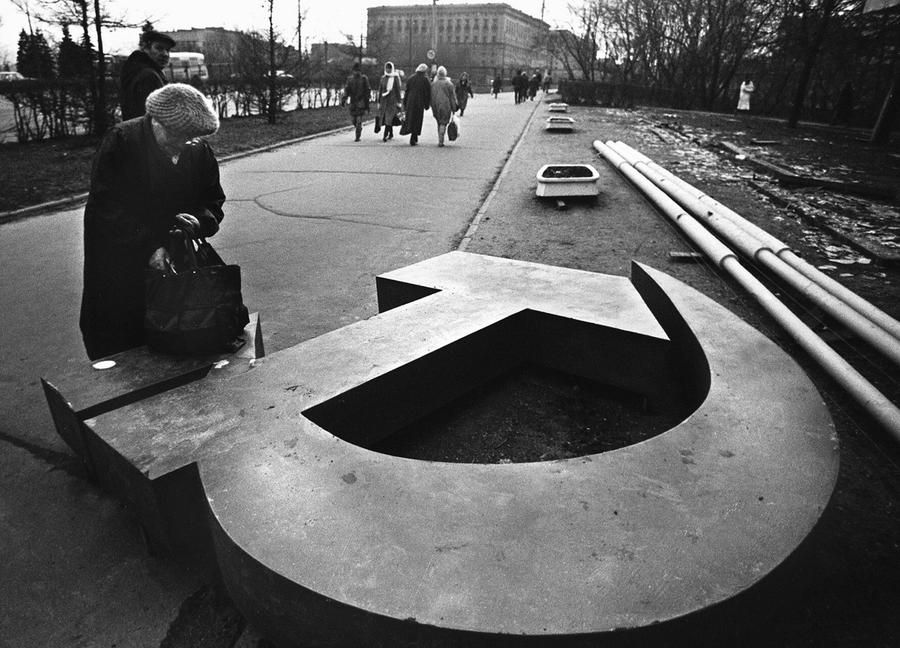
source: https://www.theatlantic.com/photo/2011/12/20-years-since-the-fall-of-the-soviet-union/100214/
Reference List:
1. Aslund, A, (2004) The Misguided Blame Game, Transition Newsletter, issue 14/15, pp. 25-26
2. Banerji, A, (1993) Privatisation in the Russian Federation, [online] Economic and Political Weekly, vol. 28, no. 51, pp. 2817-2821, found at: https://www.jstor.org/stable/pdf/4400557.pdf?ab_segments=0%2Fbasic_SYC-4222%2Fcontrol&refreqid=search%3A356ff9554da0411d57663b7433f32540
3. Braguinsky, S, (2009) Postcommunist Oligarchs in Russia: Quantitative Analysis, [online] Chicago: The Journal of Law & Economics, The Booth School of Business, University of Chicago, vol. 52, no. 2, pp.307-349, found at: https://www.jstor.org/stable/pdf/10.1086/589656.pdf?ab_segments=0%2Fbasic_SYC-4222%2Fcontrol&refreqid=search%3A45e958c4d6b0b3fa2211c2ee9583935a
4. Goldman, M, (2004) The Rule of Out-laws in Over, Transition Newsletter, issue 14/15, pp.23-25
5. Goldman, M, (1999) Property Rights and Development Potential: Lessons from Poland and Russia [online] Eastern Economic Journal, vol. 25, no. 4, pp. 389-398, found at: https://www.jstor.org/stable/pdf/40325947.pdf?ab_segments=0%2Fbasic_SYC-4222%2Fcontrol&refreqid=search%3A2afcf5e4203d74d70fc864acf3422d78
6. Guriev, S, & Rachinsky, A, (2005) The Role of Oligarchs in Russian Capitalism [online] The Journal of Economic Perspectives, vol.19, no. 1, pp. 131-150, found at: https://www.jstor.org/stable/pdf/4134996.pdf?ab_segments=0%2Fbasic_SYC-4222%2Fcontrol&refreqid=search%3A2afcf5e4203d74d70fc864acf3422d78
7. Interfax (1998) Statistics on GDP Decline in Russia: 1991, Interfax News Agency
8. The Economist (2018) Intelligence Unit’s Democracy Index [online] found at: https://www.jstor.org/stable/pdf/10.1086/589656.pdf?ab_segments=0%2Fbasic_SYC-4222%2Fcontrol&refreqid=search%3A45e958c4d6b0b3fa2211c2ee9583935a
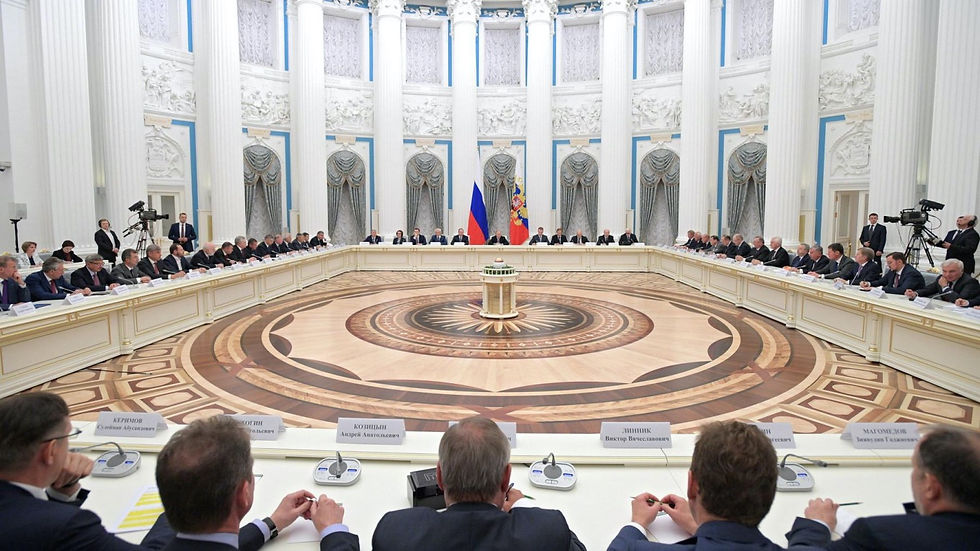

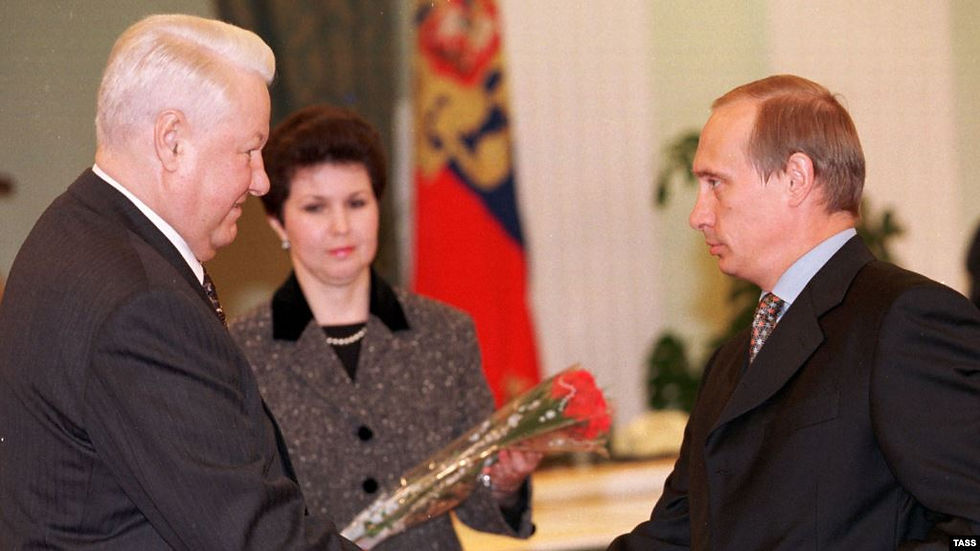
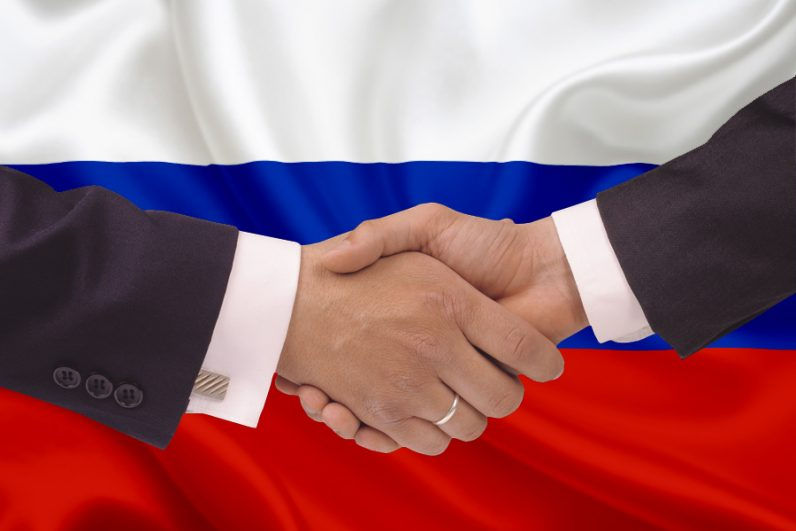
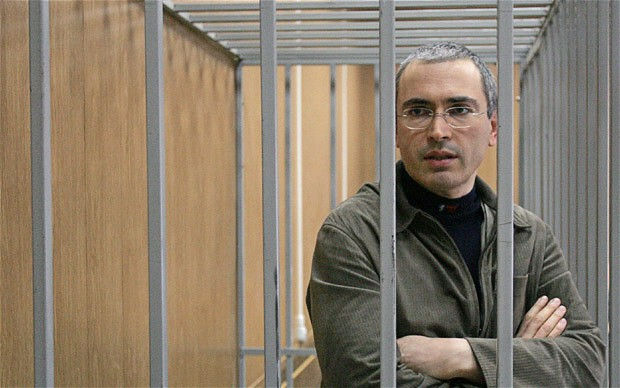
Comments